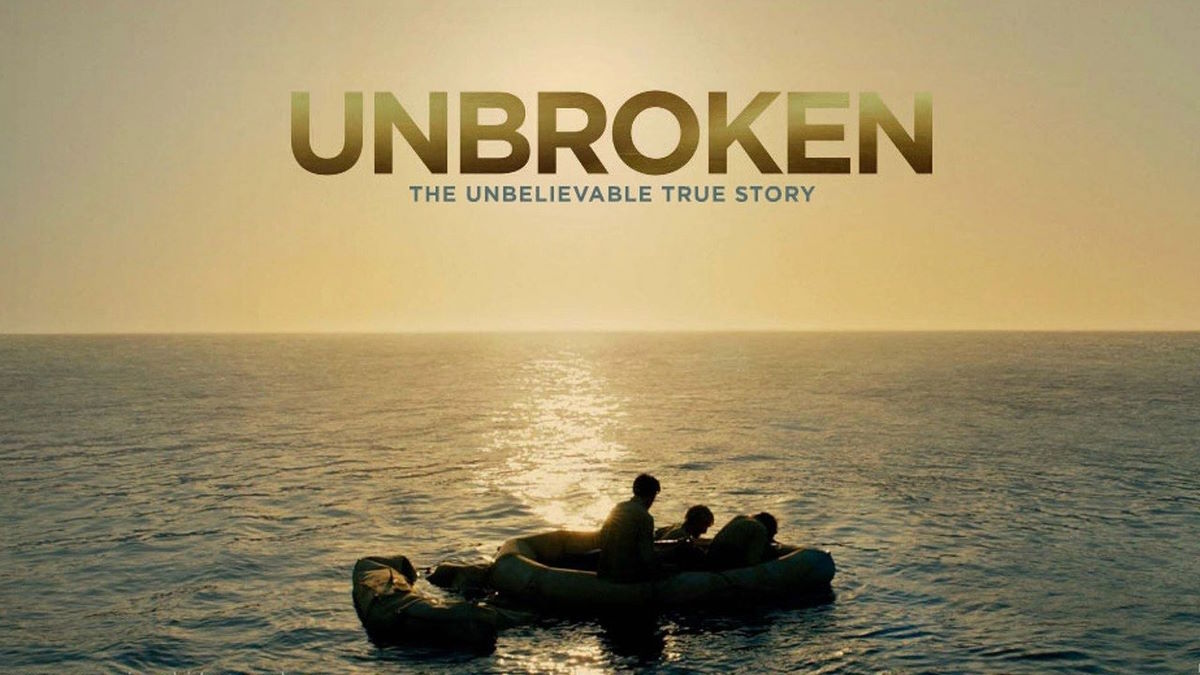“Unbroken” is a 2014 American biographical war film directed by Angelina Jolie, based on the 2010 non-fiction book by Laura Hillenbrand. The movie stars Jack O’Connell as Louis Zamperini, alongside actors Domhnall Gleeson and Miyavi.
The film follows Zamperini’s life, from his early days as an Olympic athlete, to his experience as a prisoner of war during World War II. The movie highlights Zamperini’s incredible resilience and determination in the face of unimaginable suffering, as well as the importance of forgiveness in his healing process.
Louis Zamperini was born in 1917 and was raised in California. He was a talented athlete and became a track star in high school. He later attended the University of Southern California and competed in the 1936 Olympics in Berlin, where he finished eighth in the 5,000-meter race.
“Unbroken” received mixed reviews from critics, but was praised for its powerful story and performances by the cast. Despite its mixed reception, the film was a commercial success, grossing over $163 million worldwide.
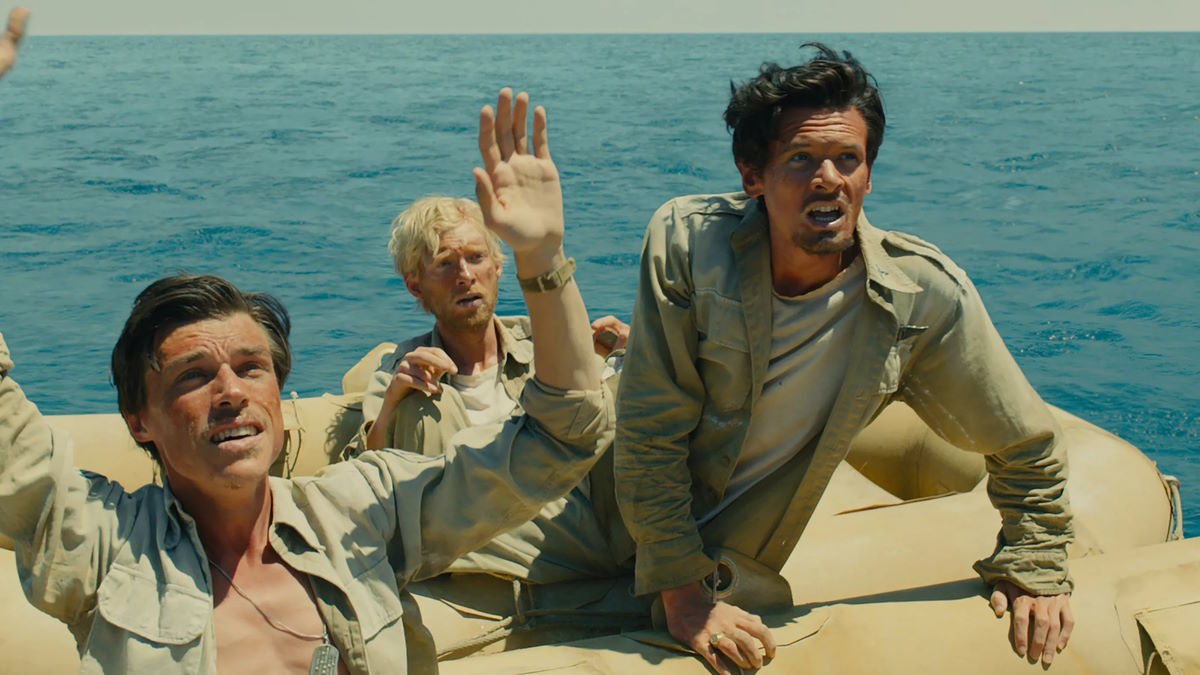
Louis Zamperini’s experience in World War II
Zamperini’s life was forever changed when he enlisted in the United States Army Air Forces during World War II. He served as a bombardier on a B-24 Liberator bomber and was stationed in the Pacific theater.
In 1943, Zamperini’s plane crashed into the ocean during a reconnaissance mission, and he and two other crew members survived on a life raft for 47 days before being captured by the Japanese navy. Zamperini was then taken to a series of prisoner of war camps, where he endured unimaginable suffering, including physical and mental abuse.
Despite the horrors he faced, Zamperini never lost hope or gave up. He used his resilience, determination, and faith to survive and make it through each day.
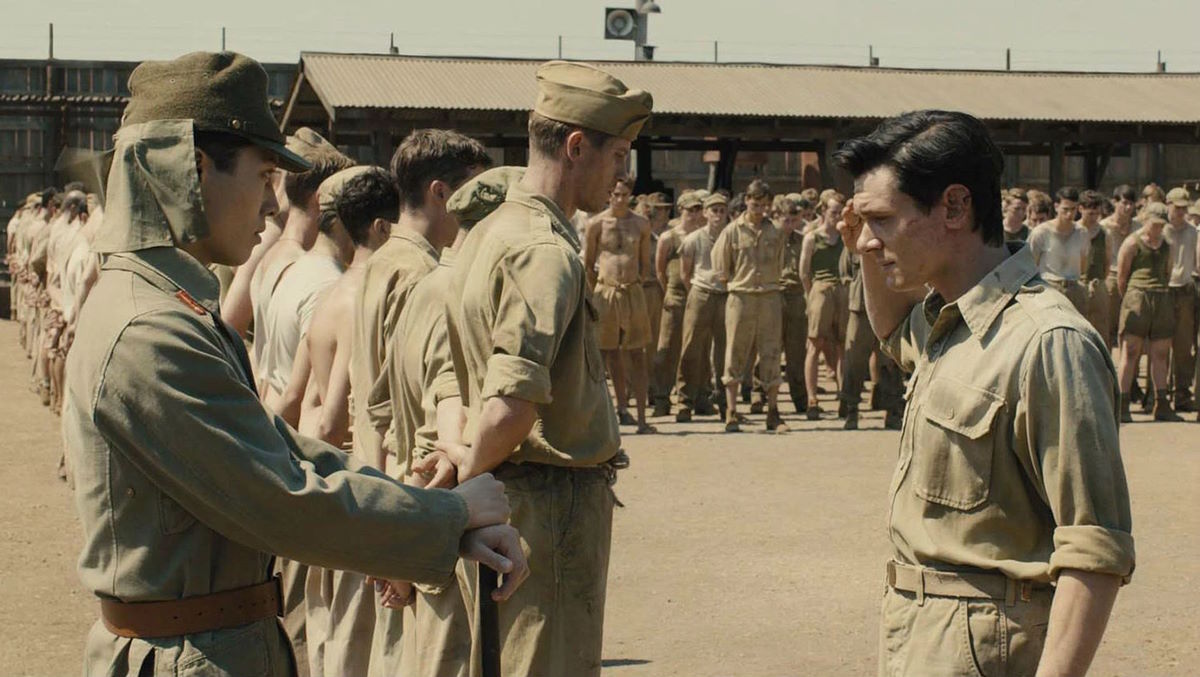
The power of the human spirit
Zamperini’s story is a testament to the power of the human spirit. Despite facing some of the darkest moments in human history, he never gave up or lost hope. His resilience and determination allowed him to overcome incredible obstacles and emerge victorious.
The power of the human spirit is the ability to draw on one’s own inner resources to overcome obstacles, push through challenges, and achieve personal growth and transformation. The power of the human spirit is often demonstrated in situations of extreme hardship or trauma, where individuals are able to find hope and meaning in the face of unimaginable suffering. It is a reminder that even in the darkest of times, we are capable of incredible strength and resilience.
Zamperini also credited his faith with helping him get through his ordeal. He once said, “When you hit rock bottom, you have two choices: to stay there or to rise up. And I chose to rise up. And my faith helped me do that.”
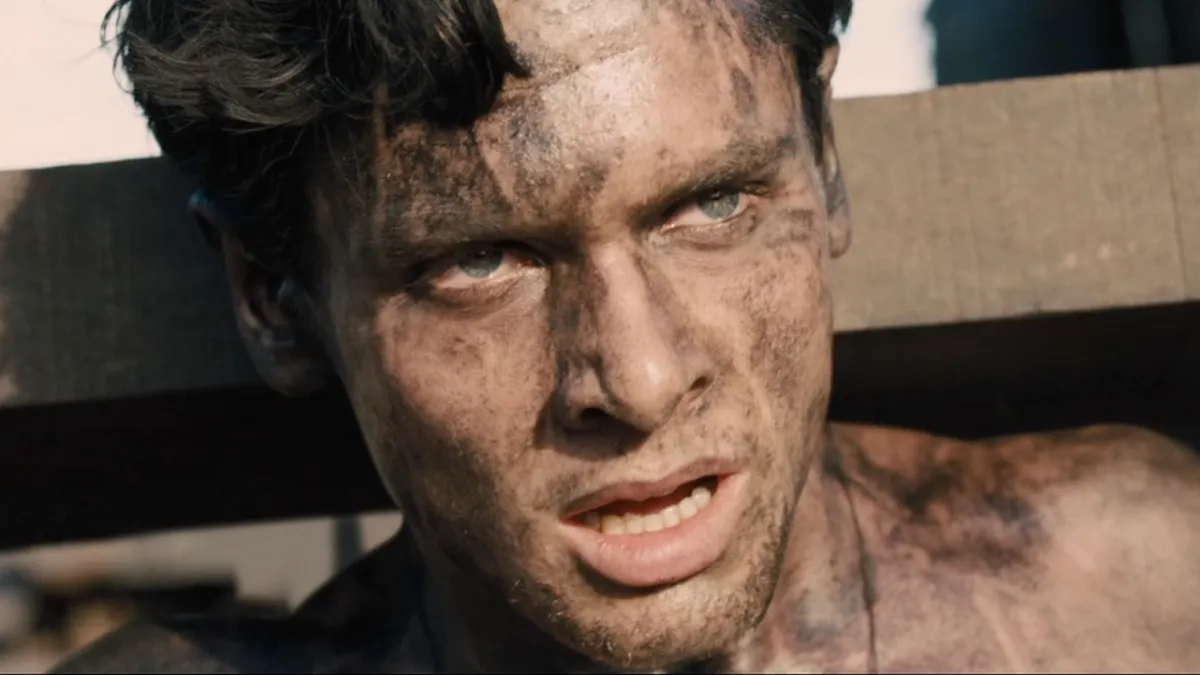
The importance of forgiveness
Forgiveness is a powerful tool that has the ability to transform individuals and relationships. It can be difficult to forgive those who have wronged us, especially if the pain they caused was significant. However, forgiveness has the power to heal past traumas, free individuals from negative emotions, and improve relationships.
When we hold onto grudges and negative emotions, we carry the weight of these feelings with us, even long after the initial incident. This can cause stress, anxiety, and other negative emotions, and can even impact our physical health. By practicing forgiveness, we can release ourselves from these negative emotions and move towards a brighter future.
Forgiveness is also a tool that can improve relationships between individuals. By forgiving others, we build trust, understanding, and compassion. It allows us to move past conflicts and build stronger relationships.
Forgiveness is not always easy, and it does not mean that one forgets or condones the actions of the person who wronged them. Instead, forgiveness is a choice to let go of negative emotions and move towards healing and growth.
In the movie “Unbroken,” Louis Zamperini struggled to forgive his captors after enduring unimaginable suffering as a prisoner of war. However, he eventually found the strength to do so and spoke publicly about the importance of forgiveness in his own healing process.
In our own lives, we can practice forgiveness by choosing to let go of grudges, resentments, and negative emotions towards others. We can engage in dialogue, meditation, or other healing practices to facilitate the process of forgiveness.
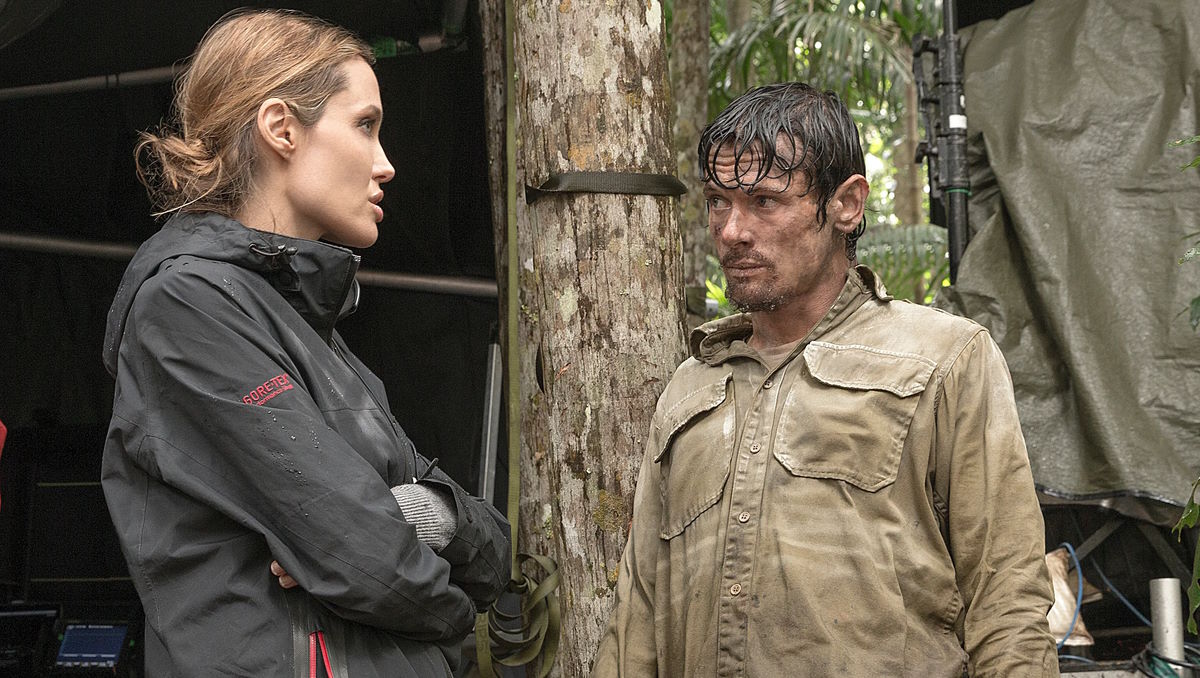
The legacy of Louis Zamperini
After the war, Zamperini returned to the United States and worked as a motivational speaker, sharing his story of survival and resilience with others. He also became an advocate for veterans’ rights and used his platform to promote peace and forgiveness.
Zamperini’s life and legacy provide valuable lessons for us all. We can learn from his example of never giving up, even in the face of unimaginable suffering. We can also learn from his example of forgiveness and the power it can have to heal and move forward.
Let’s continue to seek out stories like Louis Zamperini’s and let them inspire us to cultivate resilience, determination, faith, and forgiveness in our own lives. By doing so, we can create a better world for ourselves and those around us.

